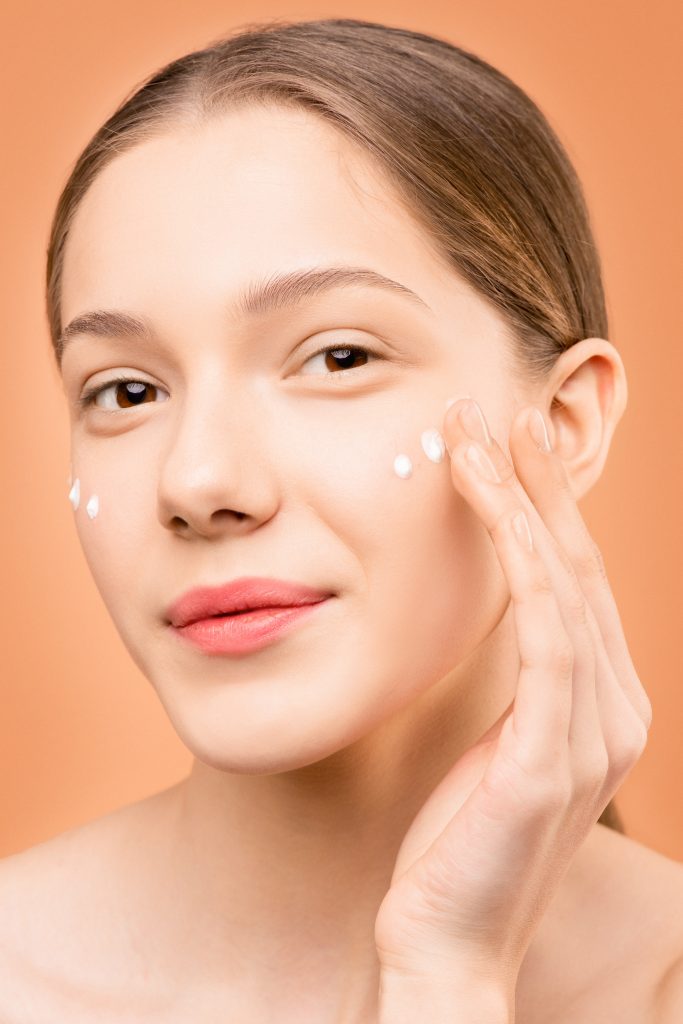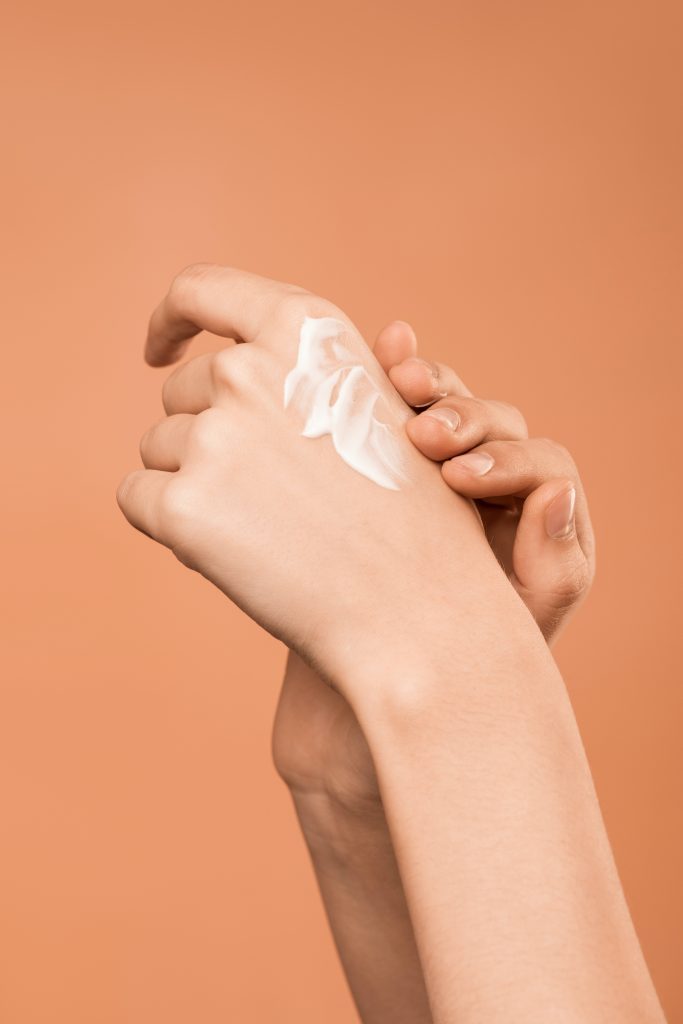
The best business & lifestyle stories from the North East and Yorkshire sent directly to you
Using sun cream daily is like flossing our teeth, we know it is important, but we have not yet mastered incorporating it into our daily routines. Sun cream is a brilliant way to protect your skin while keeping it healthy, youthful, and wrinklefree. Although you may have awful childhood memories of being lathered in a sticky lotion and being told it is there to protect you; there is now a wide range of more convenient sun cream options to make incorporating it into your routine simpler than ever before.


Humans need time in the sun; our bodies need sunlight to help us create vitamin D. Although vitamin D is absorbed through our food, a lot of it is produced due to a chemical reaction in our skin that relies on the energy from ultraviolet rays (UV rays). If you are not getting enough vitamin D you can become susceptible to diseases such as rickets and osteomalacia, which can lead to soft and weak bones.
Time in the sun is important but keeping our skin protected when doing so is essential. In 2019 Cancer Research UK discovered that skin cancer rates had soared by 45% in 10 years. Their research also showed that 9 in 10 cases are preventable by wearing a high SPF. In order to become more aware of how to slow the rate of skin cancer cases, it is important to understand what our skin needs protecting from.
UVA rays are one of the biggest contributing factors to skin ageing. Present all year round, UVA rays can penetrate through clouds and glass. UVB on the other hand is much more seasonal, its intensity varies depending on location and time of day. UVA protection is rated by a star rating of 1-5. These ultraviolet rays could cause permanent damage to your skin if not protected properly.
Sun care products are used to combat the UV rays and they are listed in a few different ways. Understanding the terminology that accompanies these products is necessary to recognise how protected you may be. If a product is listed as being a broad spectrum, this means it will act as a shield against UVA and UVB rays. If a product is listed as being water-resistant, this means the skin will also been protected in water for a specified duration of time. SPF, or Sun Protection Factor, is a numerical element that provides information on the level of protection provided. For instance, a minimum of SPF 15 or 30 is recommended for everyday wear. Physical sun cream is a product that will most likely contain titanium dioxide and zinc oxide, these products provide a physical barrier on the skin that reflects against UV rays. Chemical sun creams contain substances that protect the skin by interacting with and absorbing ultraviolet energy. Both are effective, but chemical sun creams have a higher chance of causing irritation if you have sensitive skin. Sun cream is useful for more than just protection from the sun, it is also a strong anti-ageing product. According to The World Health Organisation, up to 90% of the visual changes commonly attributed to ageing may be caused by sun exposure. If that is not a reason to incorporate sun cream into your daily routine, then we are not sure what is.
They also noted that, although some moisturisers and makeup products do contain some form of SPF protection, they tend not to be as effective as specific sun care itself. Many of these products do not contain UVA protection and are not water-resistant. Similarly, it should also be observed that facial sun cream has a different formulation when compared to that of sun cream meant for the body. The skin on our faces tends to be more sensitive than the skin on our bodies; as a result, facial sun cream is formulated to cause less irritation and not trigger acne.
With all of the knowledge you now have of the best ways to protect your skin, we have collated a list of the best and more prestigious sun care products on the market.
1. REN Clean Screen Mineral Mattifying Face Screen SPF 30, £32
2. Sisley Super Stick Solaire Tinted Sun Care, £76
3. La Mer UV Protecting Fluid, £80
4. Tom Ford Face Protect Broad Spectrum SPF 50, £60
5. Shiseido Face and Body Lotion SPF 30, £34
6. Zelens Body Defence Sunscreen SPF30, £55
7. Chantecaille Ultra Sun Protection SPF 4,5 £86
8. Saltee Body Sea and Sun Lotion SPF 30, £32
*Prices were sourced from various websites.
Now that your science lesson on sun care is complete, we hope that you are confident enough to begin using sun cream in your daily routine, and that you are ready to reap the benefits in the long run.